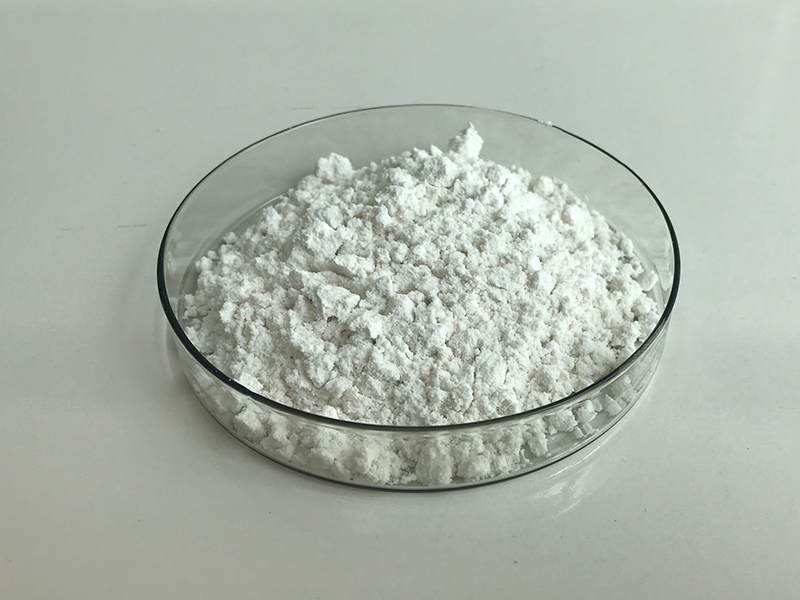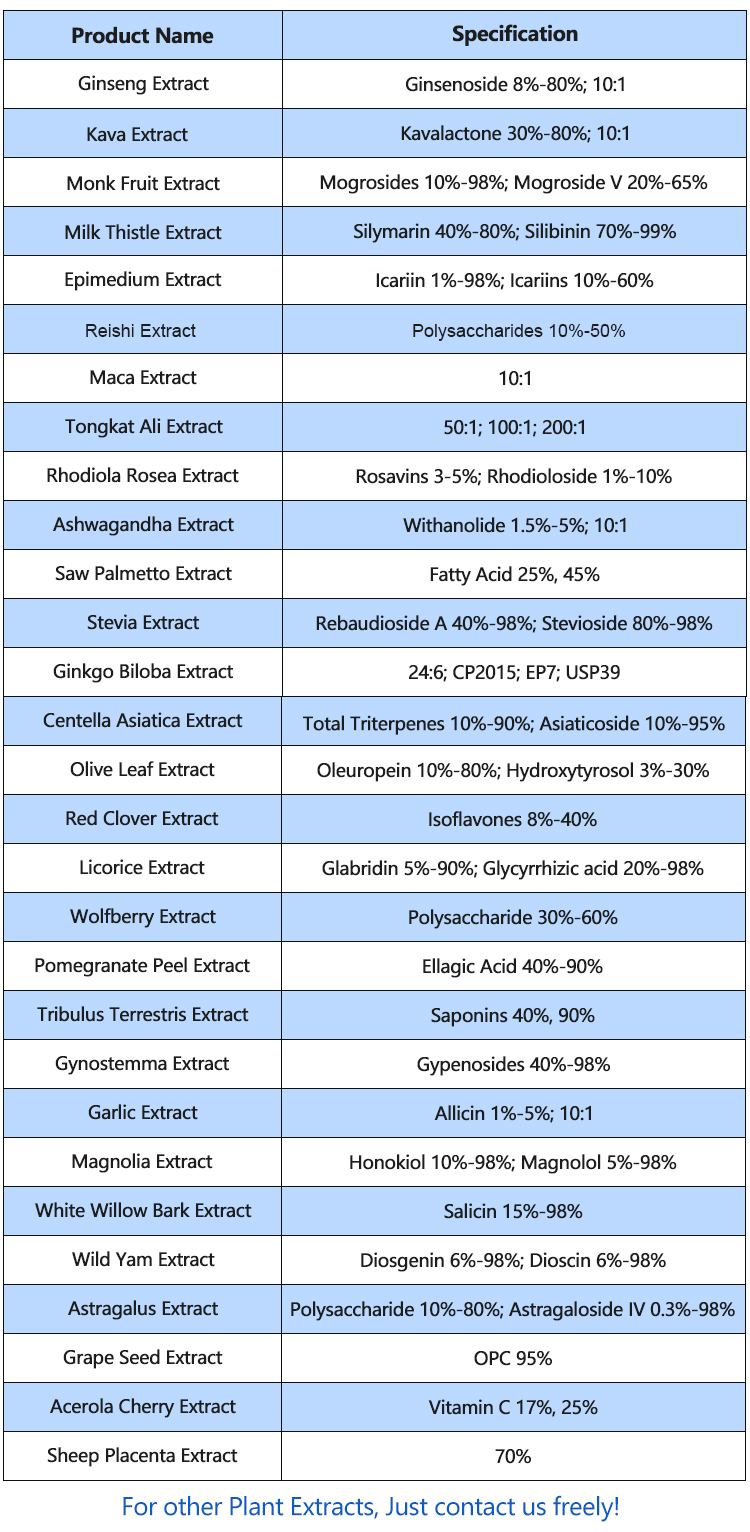Synephrine is a naturally occurring alkaloid found in some plants, particularly in the Citrus genus. It is commonly extracted from the fruit of bitter orange (Citrus aurantium). Synephrine is chemically similar to ephedrine, a compound found in ephedra plants, but it is structurally different.
Synephrine is often used in dietary supplements and weight loss products due to its potential effects on metabolism and energy expenditure. It is believed to have adrenergic effects, meaning it may influence the release of certain neurotransmitters like norepinephrine, which can affect the body’s metabolic rate and fat breakdown.
It’s important to note that while synephrine has been marketed for its potential weight loss benefits, scientific evidence supporting its effectiveness is limited. Additionally, there have been concerns about potential side effects and interactions with other substances. As with any dietary supplement, it’s advisable to consult with a healthcare professional before using products containing synephrine, especially if you have any pre-existing health conditions or are taking medications.

How to use Synephrine?
Synephrine is a compound found in some plants, particularly citrus fruits. It is often used in dietary supplements and weight loss products. Before using synephrine or any dietary supplement, it’s important to consult with a healthcare professional, as individual responses can vary and there may be potential risks or interactions with other medications.
If you’ve been advised to use synephrine or are considering it, here are general guidelines:
1.Consultation with Healthcare Professional:
Before starting any supplement regimen, consult with your healthcare provider, especially if you have pre-existing medical conditions or are taking other medications.
2.Recommended Dosage:
Follow the recommended dosage instructions provided on the product packaging or by your healthcare provider. Excessive intake can lead to adverse effects.
3.Timing of Consumption:
Some people prefer taking synephrine before workouts or physical activities to potentially enhance energy and metabolism.
4.Watch for Side Effects:
Pay attention to your body’s response. Common side effects may include increased heart rate, elevated blood pressure, and jitteriness. If you experience severe or persistent side effects, seek medical attention.
5.Avoid Combining with Stimulants:
Avoid combining synephrine with other stimulants (caffeine, ephedrine, etc.) unless directed by a healthcare professional, as this may increase the risk of adverse effects.

6.Stay Hydrated:
Drink plenty of water, especially if you are engaging in physical activities. Dehydration can exacerbate the potential side effects.
7.Discontinue if Necessary:
If you experience any adverse reactions, stop using synephrine and consult your healthcare provider.
8.Not a Substitute for Healthy Lifestyle:
Remember that supplements are not a substitute for a healthy diet and regular exercise. Focus on overall well-being for sustainable results.
It’s crucial to note that the efficacy and safety of synephrine can vary, and individual responses may differ. Always prioritize your health and well-being, and seek professional advice when in doubt.
